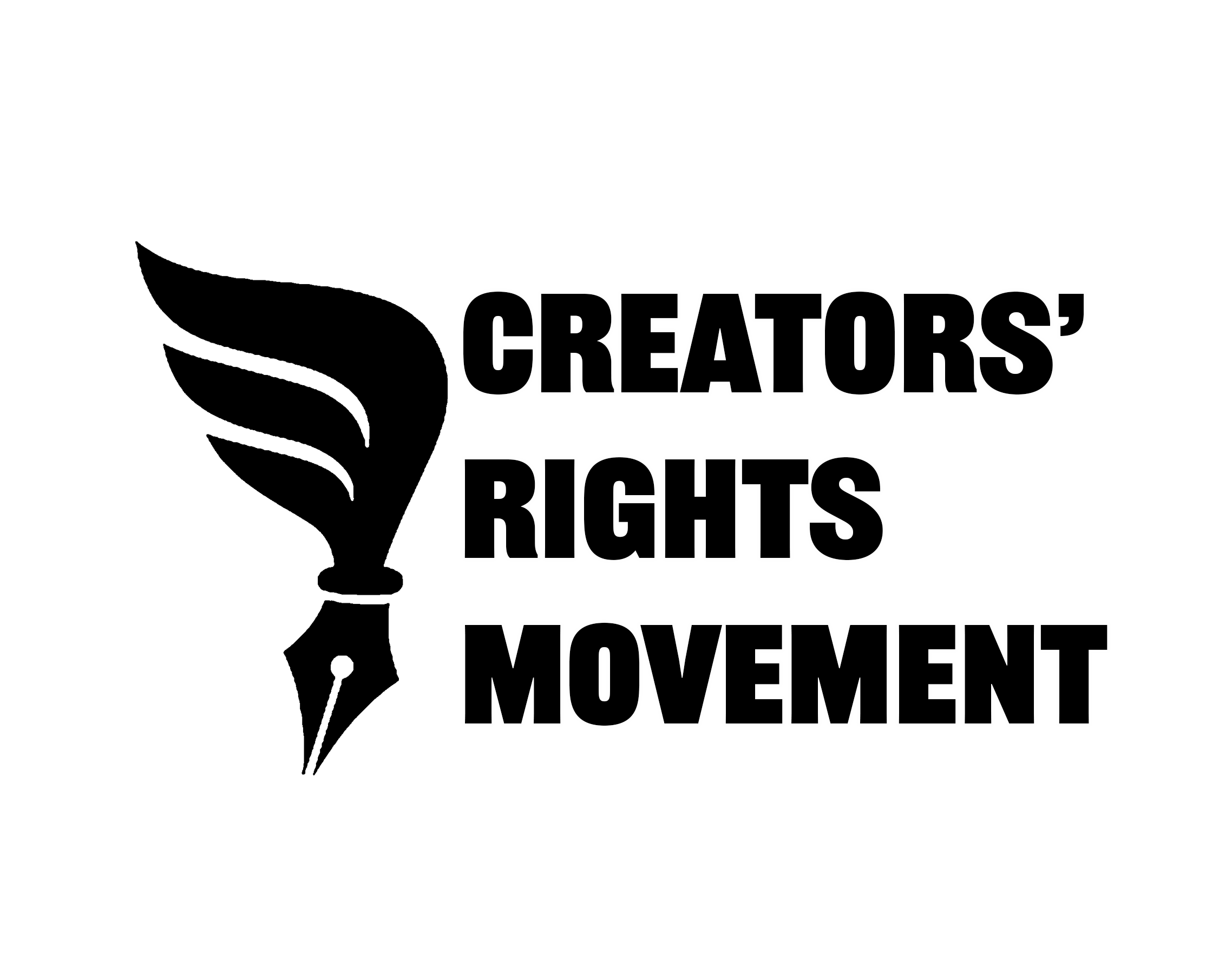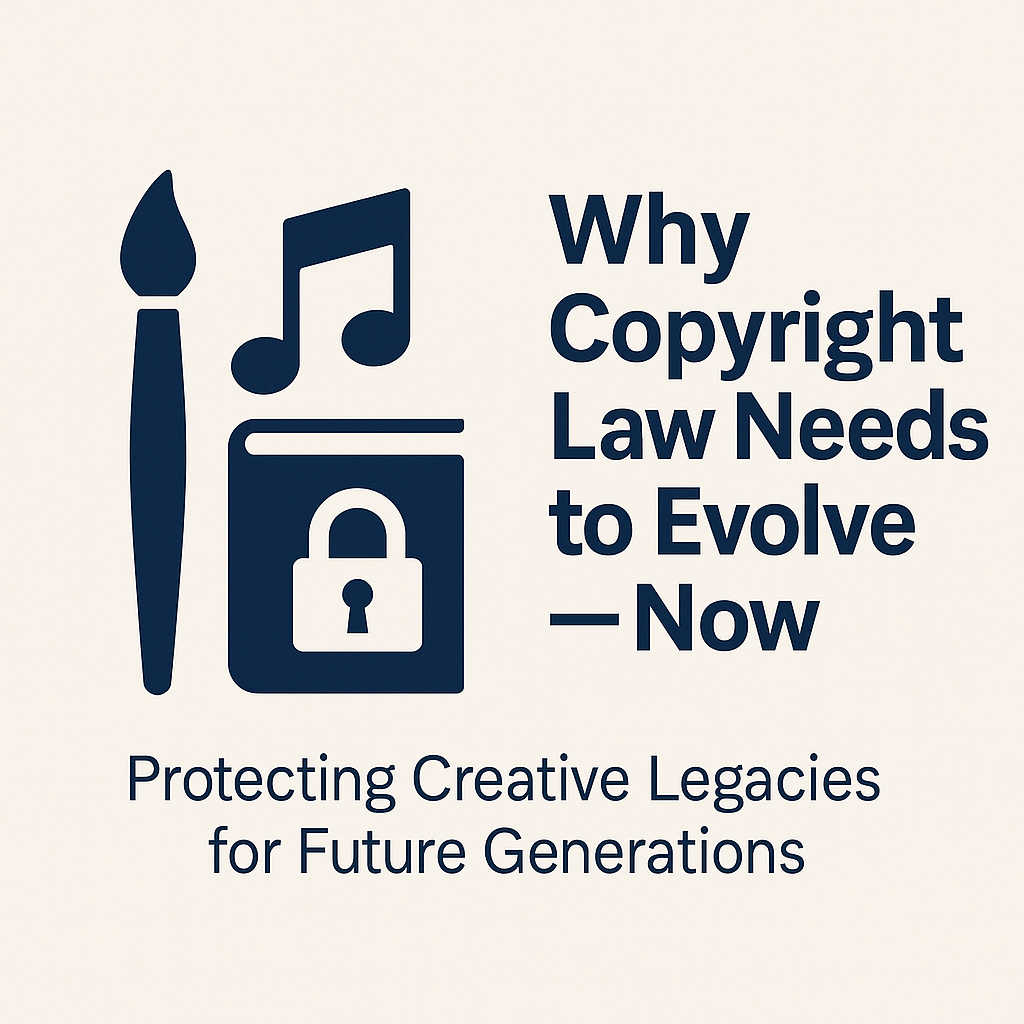Empowering Creators, Protecting Rights
Join us in safeguarding the creative works that shape our culture. Explore the essentials of copyright protection and how you can defend your artistic ownership.
Understanding Copyright Usage
Key Copyright Exceptions and Limitations
Explore the critical exceptions and limitations within the Copyright Act that every creator should know.
Fair Use: Balancing Rights and Creativity
First Sale Doctrine: Ownership and Distribution
Public Domain: Free Access to Creative Works
Understanding Public Domain
Exploring the Role of Public Domain in Copyright Law
The Importance of Copyright Registration
Copyright registration is a crucial step for creators to safeguard their works. While copyright protection is automatic upon creation, registering your work with the Copyright Office enhances your legal standing. It allows creators to enforce their rights in court, seek statutory damages, and recover attorney fees in case of infringement. Registration also serves as a public record, facilitating the licensing process by providing clear ownership details. This not only protects the creator’s interests but also contributes to the broader creative economy by ensuring transparency and accessibility of copyright information.
Exploring Intellectual Property
A Guide to Patents and Trademarks
Intellectual property encompasses various rights that protect the creations of the mind. Beyond copyright, patents and trademarks play significant roles. Patents are granted for inventions, offering protection for new processes, machines, or compositions of matter, encouraging innovation by granting exclusive rights for a limited time. Trademarks, on the other hand, protect symbols, names, and slogans used to identify goods or services, ensuring brand integrity and consumer trust. Understanding these rights is essential for creators to fully leverage their intellectual assets and navigate the legal landscape effectively.
Understanding Document Recordation
Navigating Copyright Ownership Changes
Document recordation is a crucial process for managing changes in copyright ownership. It involves officially recording transfers of ownership, related documents, and notices of termination with the Copyright Office. This ensures a clear, public record of who holds the rights to a work, which is essential for legal clarity and protecting your creative assets. By maintaining accurate records, creators can safeguard their rights and ensure that any changes in ownership are properly documented and recognized.
Exploring Statutory Licensing
Implications for Music and Sound Recordings
Statutory licensing plays a significant role in the use of musical compositions and sound recordings. It provides a legal framework that allows certain uses of these works without requiring individual permissions, thus facilitating broader access and distribution. This system is particularly beneficial for broadcasters and streaming services, enabling them to legally transmit music while ensuring that creators receive fair compensation. Understanding statutory licensing is vital for anyone involved in the music industry, as it balances the interests of creators and users, promoting both innovation and protection.



